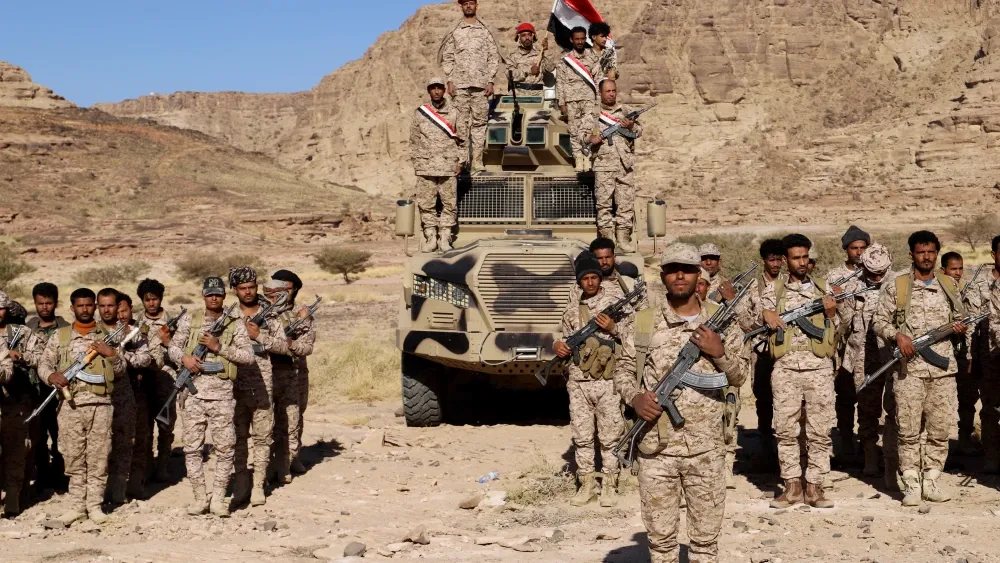| ||
 | ||
| MEF Dispatch: Remaking the State Department, Weakening the Iranian Regime, and Defeating the Houthis By Winfield Myers ● Feb 11, 2025 Smart Brevity® count: 5 mins...1381 words The Trump administration’s promise to remake government is nowhere more urgently needed than in the Department of State, where too many diplomats put the feelings of host countries ahead of broader U.S. national interests. Iran also demands attention, and we offer several analyses on how to weaken the regime in Tehran, from attitudinal adjustment in D.C. to leveraging technology and more to liberate the Iranian people. A consensus has emerged—at last—that it’s time for the Houthis in Yemen to go the way of all flesh. But first, practical matters must be attended to, including securing Yemen’s ports and supplying the country’s internationally recognized government with the military materiel and safeguards it needs to win back its country. We offer some recommendations for further reading, including how Hamas’s executions of Palestinians go unreported, and why man’s best friend came to be the object of extermination in some Muslim lands. | ||
It’s Not Just USAID: Marco Rubio Needs to Reset the State DepartmentBiden’s administration was relatively short, but it coincided with Iranian enrichment to near bomb-grade levels and the normalization of Hamas. Why it matters: These events have had lasting implications for U.S. international relationships and national security.
Diplomatic missteps: Former Sec. of State Antony Blinken was perhaps the worst secretary of state the United States has ever had.
The bottom line: Making America great again requires a secretary willing to ensure diplomats support U.S. allies and prioritize U.S. interests over ambassadors’ desire to have smooth tenures and good relations with their hosts.
To read the full article, click here. | ||
Job Announcement: Director, Iran Freedom Project & Editor, Iran Freedom MonitorMEF is seeking a full-time Director for the Iran Freedom Project & Editor for the Iran Freedom Monitor. This unique dual role is ideal for a driven professional passionate about democratic reform, skilled in program leadership, and adept at shaping editorial content. The position provides an opportunity to spearhead a high-impact initiative focused on empowering Iranian civil society while overseeing a dedicated news platform that amplifies calls for democratic change in Iran. | ||
Statecraft Reimagined: Middle East Forum 2025 Policy ConferenceIt is our pleasure to invite you to the Middle East Forum’s 2025 Policy Conference, taking place May 19–21 in Washington, D.C. Statecraft Reimagined will gather leading experts and policymakers to discuss the most urgent and complex issues shaping the future of the Middle East. This extraordinary event is poised to be the premier Middle East policy gathering in D.C. this year, offering unparalleled insights, networking, and strategic guidance. For more information or to register, click here. | ||
How the Iranian Regime Seeks to Build Its Power Upon American NaïvetéIran's Vice President Mohammad Javad Zarif paints a peaceful image of Iran, but this façade masks Tehran's relentless push for nuclear power and dominance. Why it matters: Zarif's tenure as foreign minister was marked by deceit, shielding Iran's regime while the Revolutionary Guard expanded its reach.
Iran's covert manipulations: The Iran Experts Initiative isn't just an influence operation—it's a strategic assault on U.S. foreign policy integrity.
The bottom line: Engaging with Iran via Zarif is a trap, legitimizing a regime that uses false diplomacy as a weapon.
To read the full article, click here. | ||
How Starlink’s Direct-to-Cell Service Could Help Iranians Overthrow Their RegimeIran grapples with an economic crisis exacerbated by sanctions and its own mismanagement, while protests loom amidst its military vulnerabilities. Why it matters: Iran's regime uses internet blackouts to stifle dissent, yet technological advances like Starlink's direct-to-cell service could empower citizens and disrupt these efforts.
The regime's control tactics: Despite high costs and GPS jammers, Starlink terminals provide a lifeline, primarily to the upper class, highlighting the need for broader access.
The bottom line: The Trump administration should prioritize Starlink’s direct-to-cell internet services to empower Iranians, facilitating grassroots movements and weakening regime control.
To read the full article, click here. | ||
Shukriya Bradost on the Kurds’ Struggle in IranShukriya Bradost highlights the ongoing struggle of the Kurds in Iran for recognition and rights, a plight largely ignored by the U.S. and the West. Why it matters: The Iranian regime's systematic oppression of the Kurds, coupled with propaganda efforts, threatens to erase Kurdish cultural identity.
Historical oppression continues: From the Safavid Empire to the Islamic regime, Iranian Kurds have faced systemic discrimination and violence.
The bottom line: The "Woman, Life, Freedom" movement symbolizes a broader Kurdish renaissance, challenging the regime's authority and advocating for a democratic, secular Iran.
To watch the full podcast, click here. | ||
Why the West Can’t Defeat the Houthis Without Securing Yemen’s PortsThe Port of Hudaydah is a critical entry point for Iranian arms to the Houthis, sustaining their insurgency and regional destabilization. Why it matters: The Stockholm Agreement is a failure, allowing an unchecked arms flow that empowers the Houthis and undermines regional peace.
U.N.'s symbolic solutions: The loopholes in the inspection regime allow direct smuggling operations, making a mockery of international oversight.
The bottom line: The U.S. and its allies must abandon ineffective diplomacy and take decisive action to dismantle Houthi control.
To read the full article, click here. | ||
Can Yemenis Defeat the Houthis? Yes, but Only with the Right WeaponryThe decade-long fight against the Iran-backed Houthis requires a shift from reliance on U.S. aid to empowering Yemen's own military capabilities. Why it matters: The Houthis' resilience exposes the failure of past strategies, with the group now threatening Yemen's oil-rich Marib region.
A strategic opportunity: The Biden administration's diplomacy failed; Yemen must now lead its defense with proper armament.
The bottom line: The U.S. and allies must provide Yemen with the necessary tools to secure its future and counter Iranian influence effectively.
To read the full article, click here. | ||
Further Reading: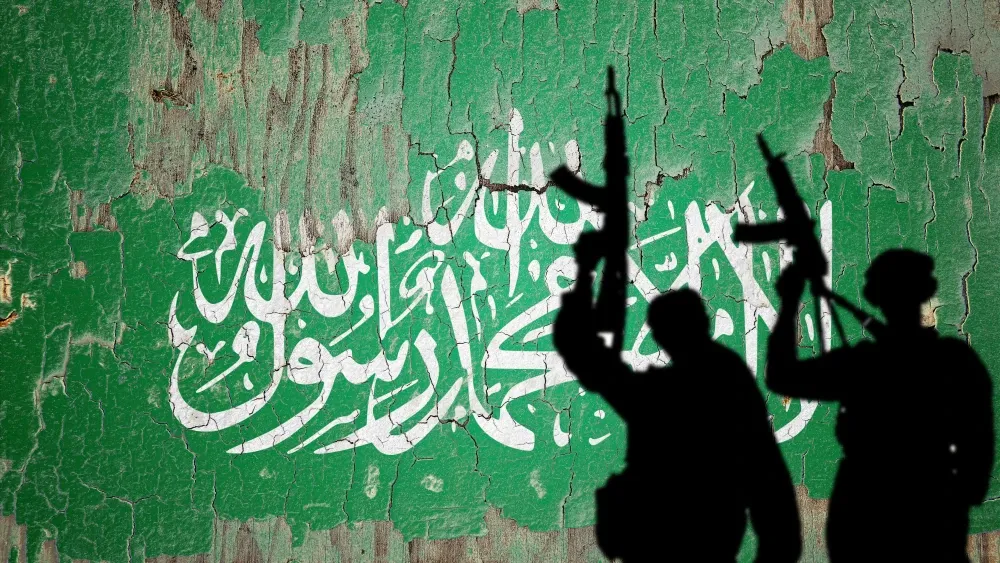
| ||
| Was this edition useful? Your responses are anonymous | ||
| Powered by | ||
| ||

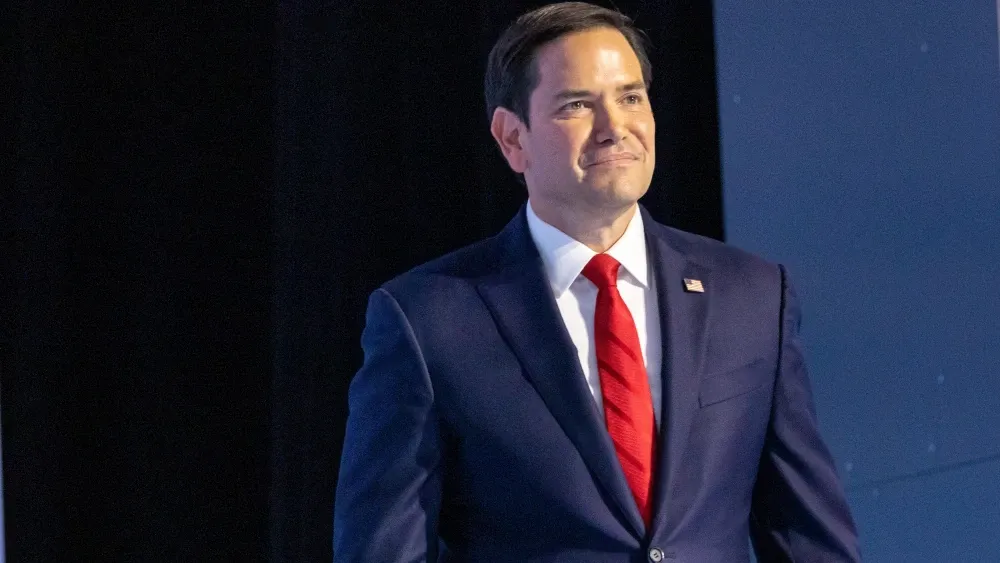
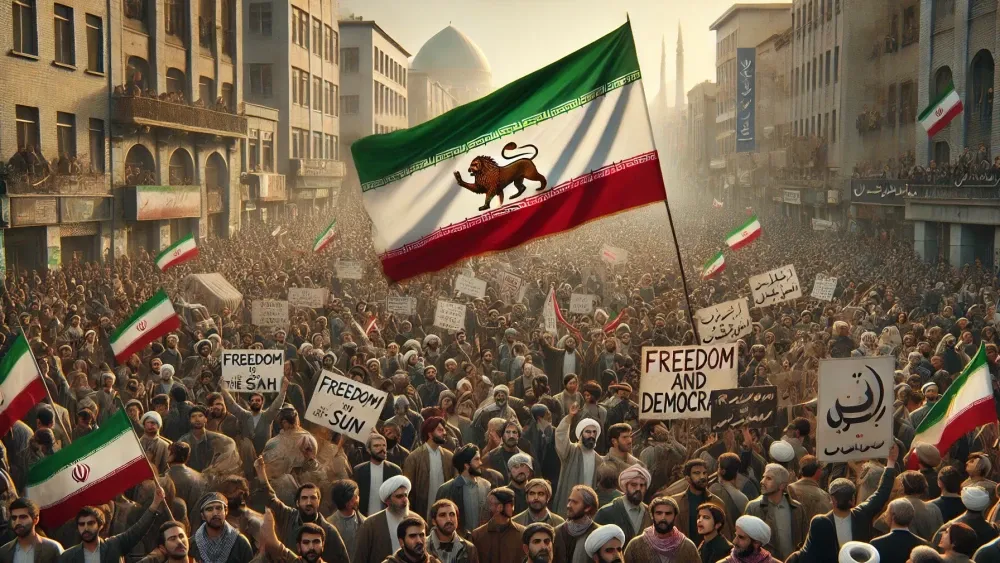

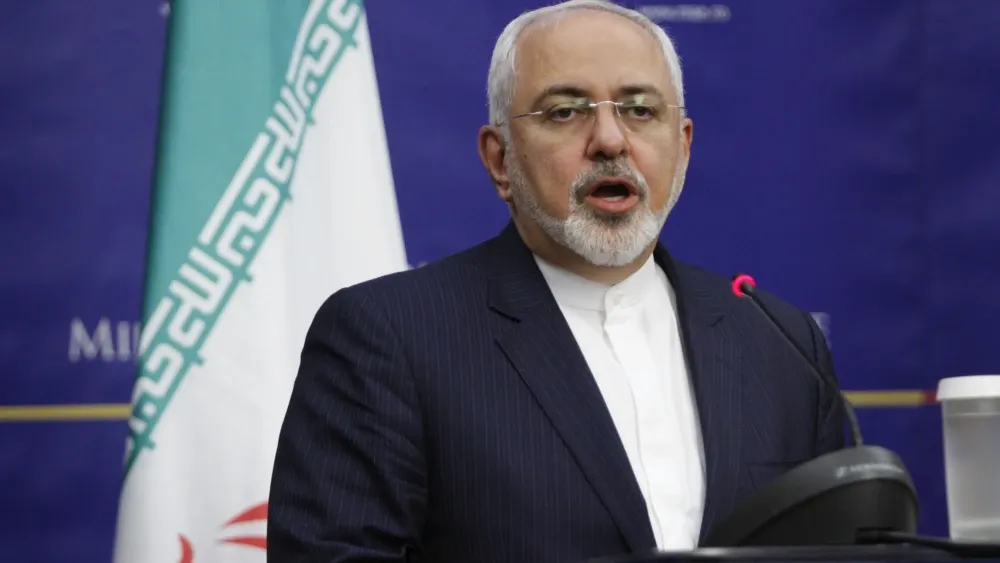


![Houthis know the port of Hudaydah [Hodeida] (above) is their lifeline and work proactively to ensure it remains in their hands. Shutterstock](https://images.axiosplus.com/MSxq6l0ItxE4i9HnDaKPAIsSOd8=/0x0:1000x563/1000x563/2025/02/11/225120-1739314280944.webp)
